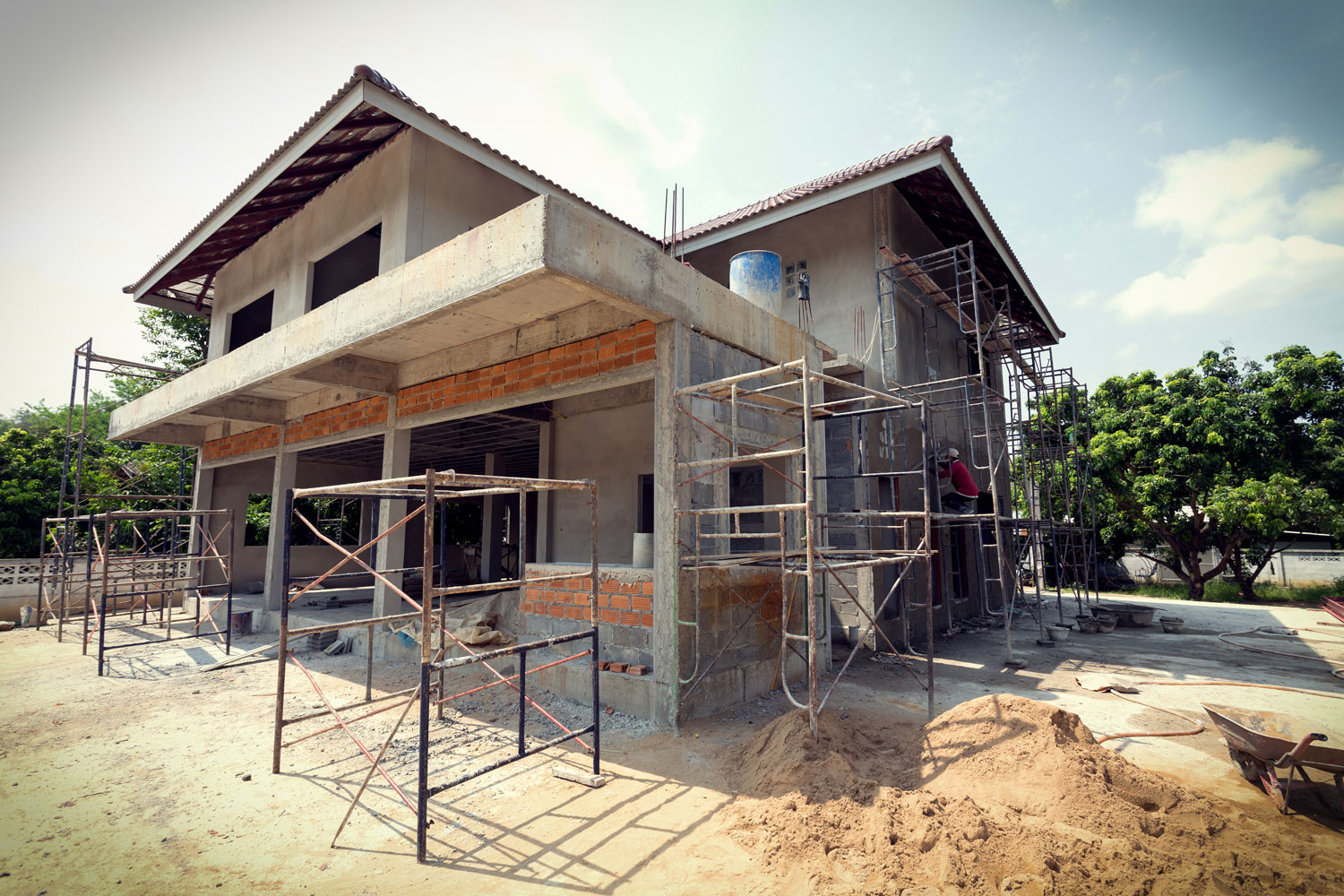Two years ago we published a post on our blog entitled “Bankruptcy and Squatters- Two Cases of Rental Crisis“. Remember that, when faced with a real estate occupation, the owner can follow two paths: civil or criminal. We expressed a skeptical position towards criminal proceedings to fight squatting. We have not changed our mind. However, the situation since 2018 has drastically worsened. Any homeowner (not just owners of big portfolios) faces a real risk of being deprived of possession of their home or business property. And that is not, from any point of view, positive for anyone.
The State Attorney General (FGE) has issued an internal instruction to all Attorneys on how to act when squatting arises, and has issued Instruction 1/2020, on action criteria for requesting injunctions in crimes of trespassing and usurpation of property. The key is these injunction measures, which consist of returning possession of the property to the owner. That is, remove the occupant from the property before holding the trial.
Instruction number 1/2020 establishes the criteria that prosecutors must follow in the face of squatting and sets standards to collect the mandatory information from the aggrieved person that allows them to request the urgent measure in court.
The FGE recognizes the existence of a social reality that generates a clear sense of insecurity in citizens. For this reason, this instruction seeks to reinforce the intervention of prosecutors in defense of the rights of the owners of squatted homes, guaranteeing them a faster action in order to reestablish their legitimate right and “avoid the persistence over time of criminal conduct as long as process the corresponding procedure ”.
According to the instruction, when squatting hits on permanent home or on second residences, the path to follow is the same: that of trespassing (art. 202.1 of the Penal Code – CP). This allows the judge to urge the expulsion of the intruders as an urgent injunction within a short period of 72 hours. In the application of this measure, the material object on which the typical action falls is, worth the redundancy, the dwelling, as opposed to the peaceful usurpation of real estate, which has as its object real estate, dwellings or buildings that do not constitute dwelling.
The instruction defines dwelling as “that space in which the individual lives without necessarily being subject to social practices and conventions, exercising her most intimate freedom”, a definition that also includes the second residence if the owner resides it with some frequency.
When the home is uninhabited (and is not undergoing a commercialization or reform process in order to allow its use), prosecutors may resort to the crime of usurpation of real estate (art. 245.2 CP), which carries a fine of three to six months. However, the injunction measure of eviction may also be requested when the aggrieved party is a natural person, a legal person of a public nature or a non-profit entity
In all cases, the prosecutor must assess solid evidence of the execution of the crime (fumus boni iuris), verify the existence of harmful effects for the legitimate possessor that justify the need to end the occupation (periculum in mora), and apply the principle of proportionality. In addition, it must also take into account, among other criteria, the neighbors and / or neighbors to whom the crime may cause damage and the possible situation of special vulnerability of the illegal occupants.
This new instruction may provide faster solutions than the current ones. However, the problem requires more drastic solutions, such as allowing the owner affected by a squatting to present the report to the duty courts and receive a response from them, or the even more utopian solution of reducing the workload suffered by the courts throughout the country and that directly affects the right to effective judicial protection of the owners.










